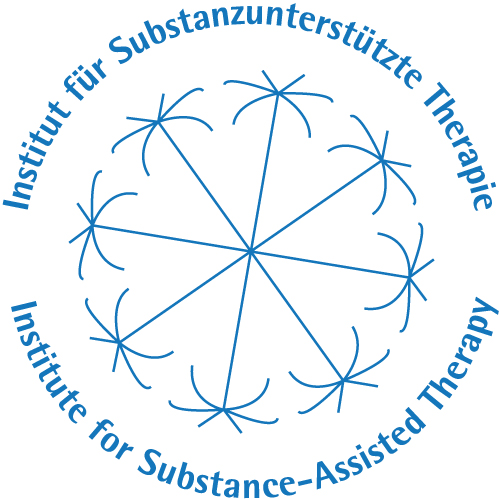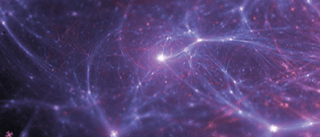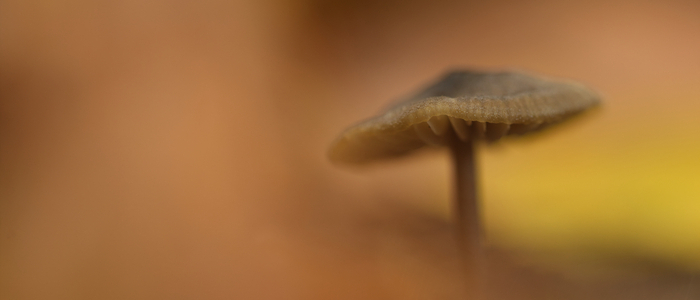Substances
The substances used in Substance-Assisted Therapy (SUT) have in common that they alter consciousness, i. e. pharmacologically influence the way our brain functions. This change itself is consciously perceptible. There are substances that tend to dampen perception (e.g. alcohol, nicotine) and those that expand it. Only the latter are used in SUT. Those that are classically used in SUT were mostly placed under the Narcotics Act in the 1970s and 1980s, so that they may not be handled and used. The most important are
LSD (lysergic acid diethylamide) (banned) and its legal analogs
MDMA (3,4-methylenedioxymethamphetamine) (prohibited) and its legal analogs
Methylone (3,4-methylenedioxy-N-methylcathinone) (prohibited)
Mescaline (prohibited)
Psilocybin, psilocin or mushrooms of the genus Psilocybe (prohibited)
Ayahuasca (prohibited)
Iboga or ibogaine (legal in Germany and Austria, prohibited in Switzerland)



